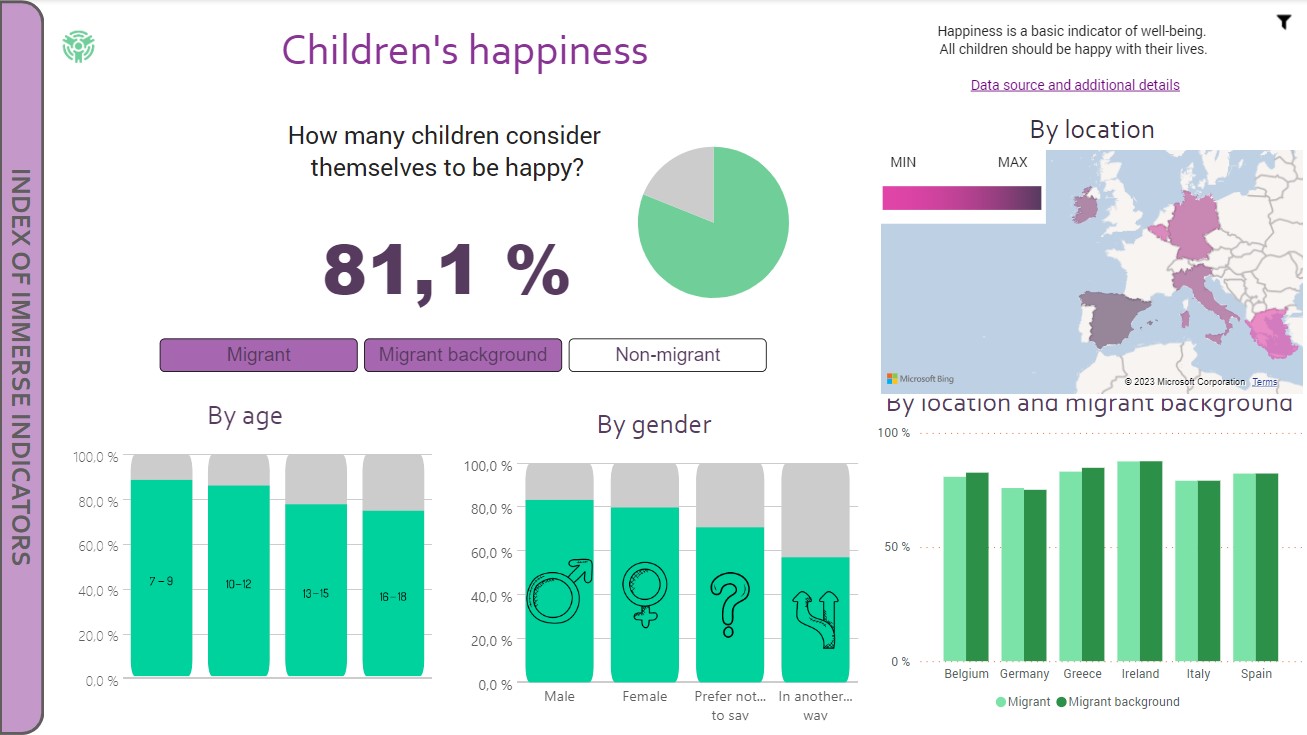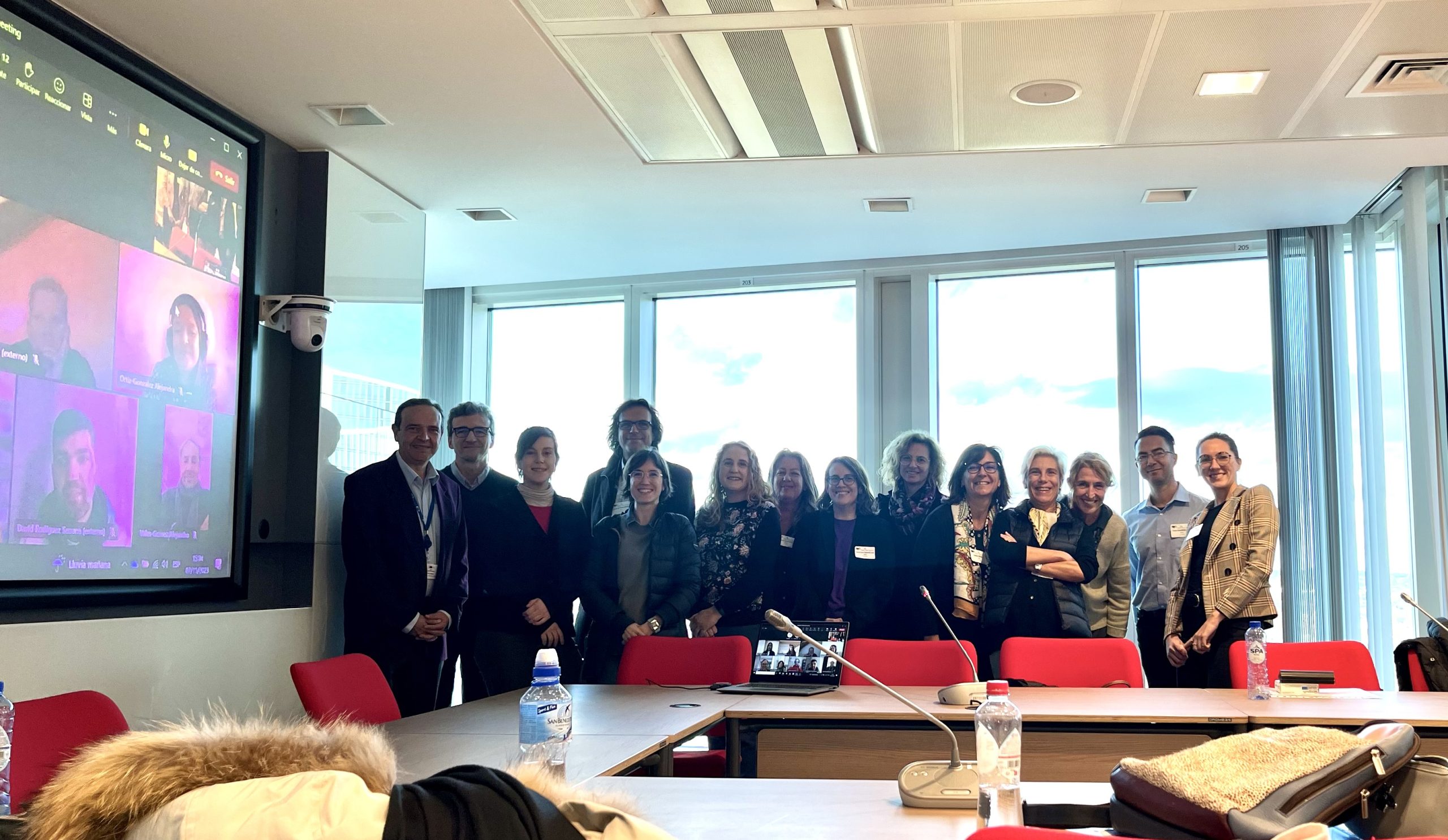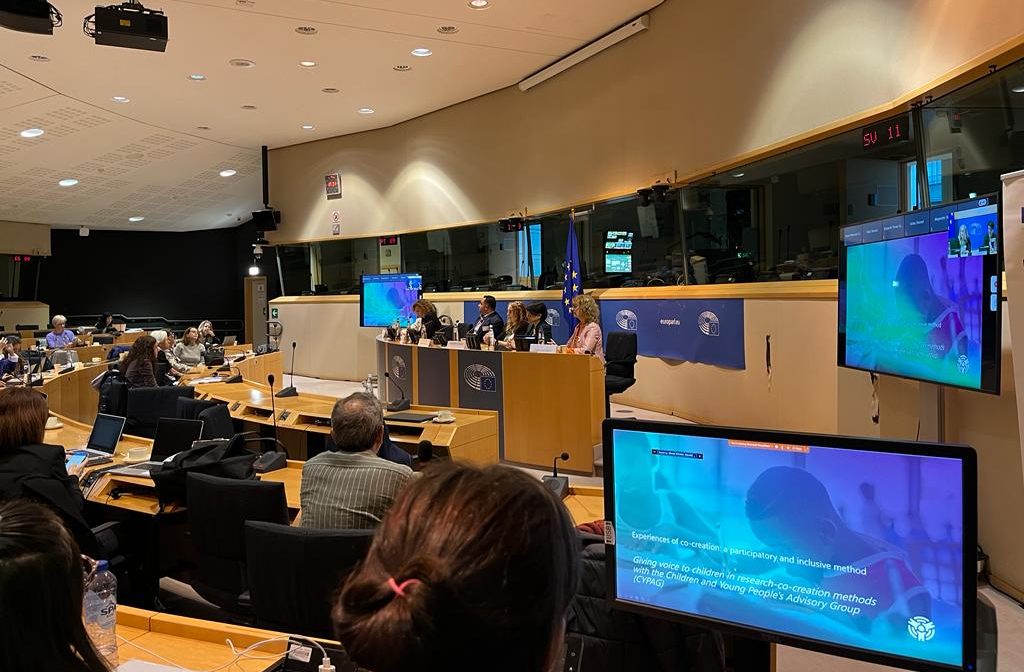Description
The project has its origin in the call of the Progress Program 2013 for the Employment and Social Solidarity of the European Commission. It was implemented from November 2014 to October 2015 and then it received additional funding for the Awareness Days in October and December 2016, and December 2017. The project was implemented in Castilla y León, Andalucía, Comunidad Valenciana and Ciudad Autónoma de Ceuta, and expression of interest was received from Castilla-La Mancha, Galicia, Comunidad de Murcia, Aragón, Comunidad de Madrid and Navarra. The general aim is to impart training for the prevention and detection of racism, xenophobia and other related forms of intolerance in the classroom, reinforcing the positive image of migrants’ integration and ethnic minorities in the field of education. As well, the project aimed to comply with state provision for the Education axis “Comprehensive Strategy against racism, racial discrimination, xenophobia, and other related forms of intolerance”. The methodology used was the narrative synthesis, review of pre-existing literature, and awareness campaign using stakeholders’ engagement. The project was funded by EU and governmental funds: Spanish Observatory of Racism and Xenophobia (OBERAXE) and National Centre for Innovation and Educational Research (CNIIE) of the Ministry of Education, Culture and Sports.
- Children maintain their cultural identity while adopting new cultural values and intercultural competences
- Children's competence in host language
- Institutions
- Teachers
Evaluation ex post
An evaluation has been carried out resulting in a positive assessment of the project: a work methodology has been established, based on the Awareness Days, the materials produced have been widely disseminated and an exchange of knowledge and experiences has taken place between administrations and technicians of different Autonomous Communities. The evaluation report is available in the following link.
https://www.inclusion.gob.es/oberaxe/ficheros/documentos/Evalucacionfrida.pdf
Projects’ deliverables
Three materials have been developed: a) a manual in Spanish and English b) a triptych in all official languages of the country plus English and c) the evaluation report of the project's activities. The link to results (support manual and triptych) is available in the following link.
https://www.inclusion.gob.es/oberaxe/es/publicaciones/documentos/documento_0073.htm
Reproducibility
The project is partially reproducible since materials have been produced in all the official languages of the country and English. For proper transferability to other contexts, additional language translations should be made and specific legislation should be contemplated and adapted.
As reported by the European Union Agency for Fundamental Rights, the elements transferable to other EU Member States are: Organising seminars to increase awareness among education practioners and policy makers can be replicated elsewhere, as can the creation and publication of a guide on the prevention and detection of racism, xenophobia and other intolerance at school. Coordinated work between national and regional levels can also be done elsewhere.
https://fra.europa.eu/en/promising-practices/prevention-and-detection-racism-xenophobia-and-related-intolerance-school
Motivation for the submission
The project tackles political incidence and practices to foster more intercultural practices in schools and anti-discrimination actions aimed at stakeholders in macro level.
Attachments
Additional comments
The support manual is the result of a year of implementation of the FRIDA Project (Training for the prevention and detection of racism, xenophobia and other forms of intolerance in the classroom). The aim of the project was to sensitize and provide tools to teachers and educational managers for the prevention, detection and action against incidents of racism, xenophobia and other forms of intolerance. It is in the school stage when youth and children begin to develop their identities and their intercultural competences; hence, school and other educational settings are crucial for future behaviour and key spot to learn to value diversity from an enrichment perspective and not as an obstacle. This manual describes the reasons for the existence of xenophobia, racism and other forms of intolerance; the diagnosis of the situation of the migrant population and minorities and the regulatory framework; strategies for prevention and awareness in educational centres; what effects these incidents have and what is the best way to deal with them. The evaluation report analyses the potential impact of the project in the Autonomous Communities in which it has been carried out, as well as the identification of specific needs to continue with the prevention of racism, xenophobia and other forms of intolerance at school. Results show that the project was welcomed and rise engagement from different educational administrations, which is reflected, in the promotion of teacher training in racism, xenophobia and other forms of intolerance in some communities, such as Castilla y León or Castilla-La Mancha; the incorporation, by the Valencian Community of information on the motivation of the incidents that are notified to its PREVI registration system; or the inclusion by the Ministry of Education and Professional Training of the prevention and treatment of intolerance in its Coexistence Plan. The evaluation describes proposals for future actions, identified by those responsible for education from different Autonomous Communities that have participated in it, which will make it possible to take advantage of the synergies that have occurred between the different administrations and society and contribute to deepening in the new methods of educational integration illustrated by the project.


